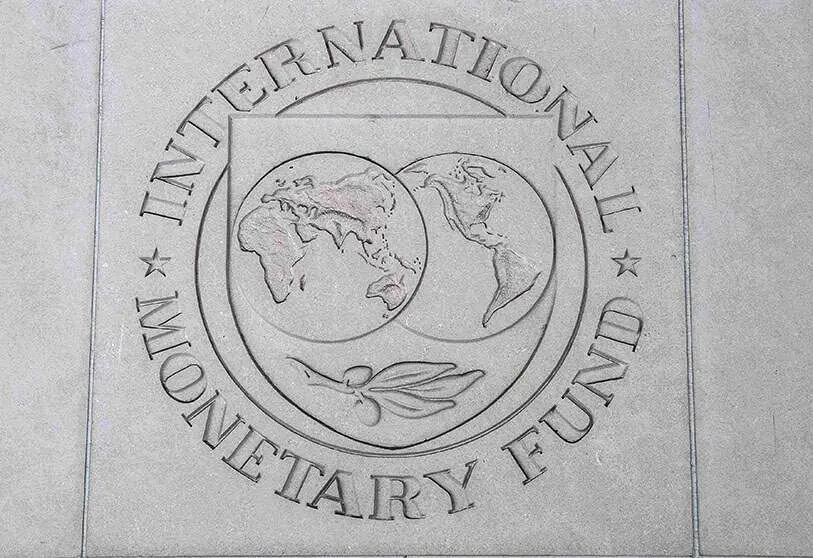Accelerating reforms and diversifying economies, the IMF's advice to MENA countries

The deep stagnation of the economy, caused by the COVID-19 pandemic and the consequent fall in oil prices, has prompted the International Monetary Fund (IMF) to urge the countries of the Middle East and North Africa to speed up their reforms, including the diversification of their economies.
In its update of the economic outlook published on Monday, the IMF predicts that the region's economies will contract by 5% this year, compared to a projection of -5.7% in July. In spite of the improvement, in statements to the AFP news agency, the IMF's director for the Middle East and Central Asia, Jihad Azour, said that the situation requires "a call to action (and to seize) the opportunity to drive the transformation of the economy and generate more opportunities, especially for young people". This 5% contraction in GDP could lead to "a 5% increase in unemployment," Azour warned, while lack of employment is already a social problem in many countries in the region. According to the World Bank, youth unemployment currently stands at 26.6%.
Oil prices will be the most important factor in the recovery of oil exporters, particularly states like Saudi Arabia, Iraq, Iran, the United Arab Emirates, Bahrain and Kuwait, for whom oil constitutes the largest share of income. Although prices have recovered from their historic fall in March this year, internationally benchmarked Brent crude is still trading almost 40% below pre-pandemic levels. Brent oil stood at $42.87 per barrel on Monday morning in London.
And the IMF does not foresee a dramatic recovery in oil prices in the short term, forecasting prices in the range of $40 to $50 in 2021.
One of the most affected countries in the region is Lebanon, which is facing its worst economic crisis since the 1975-1990 war: it saw its currency collapse for the first time before suffering the impact of the pandemic and a huge deadly explosion in August in the port of Beirut that left serious damage. Poverty now affects over half the population and Lebanon is experiencing a new exodus. According to the IMF, its economy is expected to shrink by 25 per cent in 2020, more than double the April estimate (-12 per cent). We encourage Lebanon to move towards a more targeted subsidy system that will allow them to reach those most affected and also allow them to have a better use of their foreign currencies," said Jihad Azour.
Lebanon has spent $4 billion so far in 2020 to subsidise imports of food, medicine, flour and wheat, interim Prime Minister Hassan Diab said earlier this month, warning that eliminating all subsidies in general would cause social implosion.
The central bank has said it cannot finance trade indefinitely as reserves dwindle, but has not given a deadline. The IMF has called on Lebanese leaders to develop a comprehensive and credible reform agenda. Last week it predicted that Lebanon's economy would shrink by 25 percent this year, 13 percentage points more than it said in April.
Azour stressed diversification and continued security measures against the coronavirus as key to strengthening the region's economies, with a focus on providing opportunities for its young population. "I think what is important for the region in the future is that we now have a situation where it is clear that diversifying the economy is the best way out of this crisis," said Azour.










